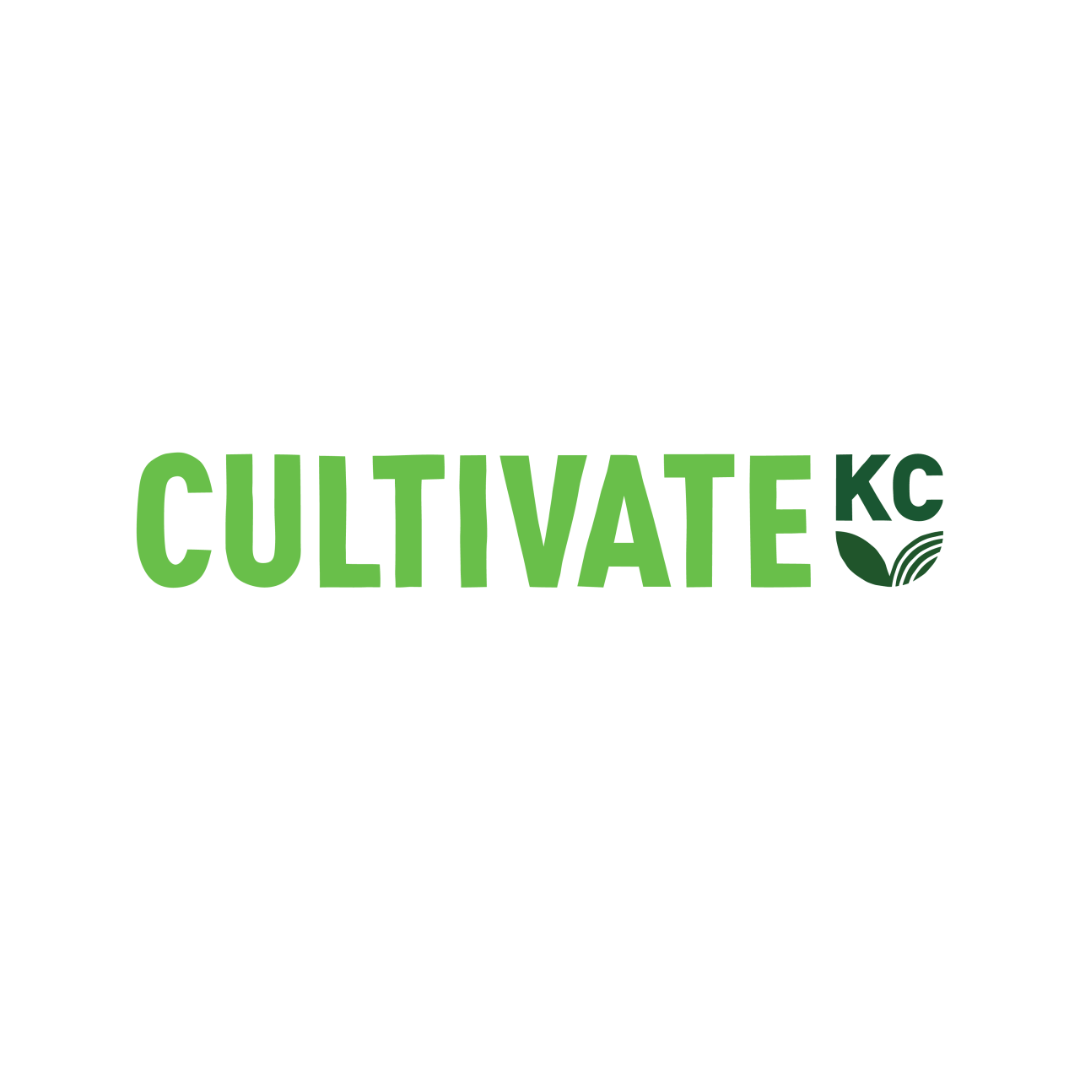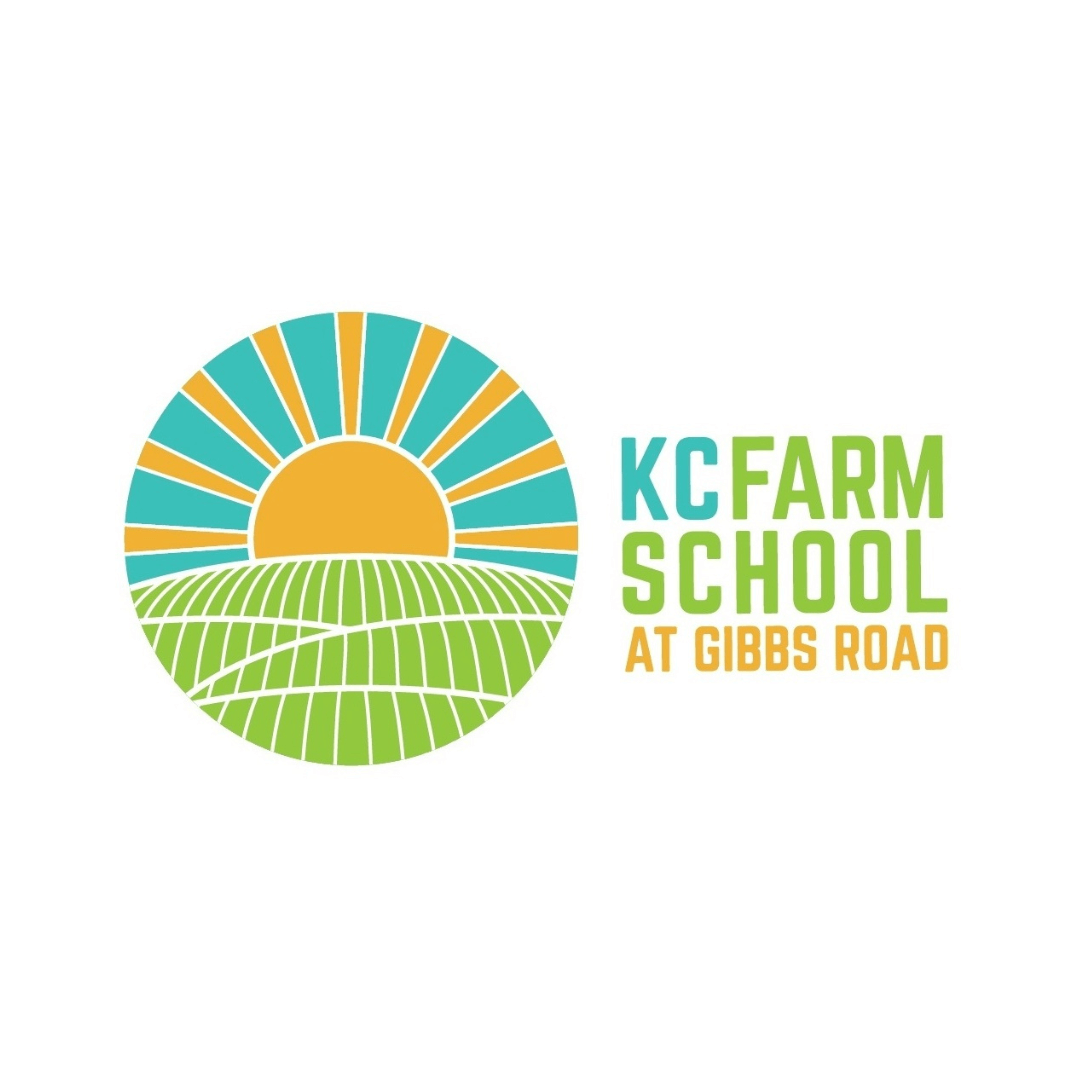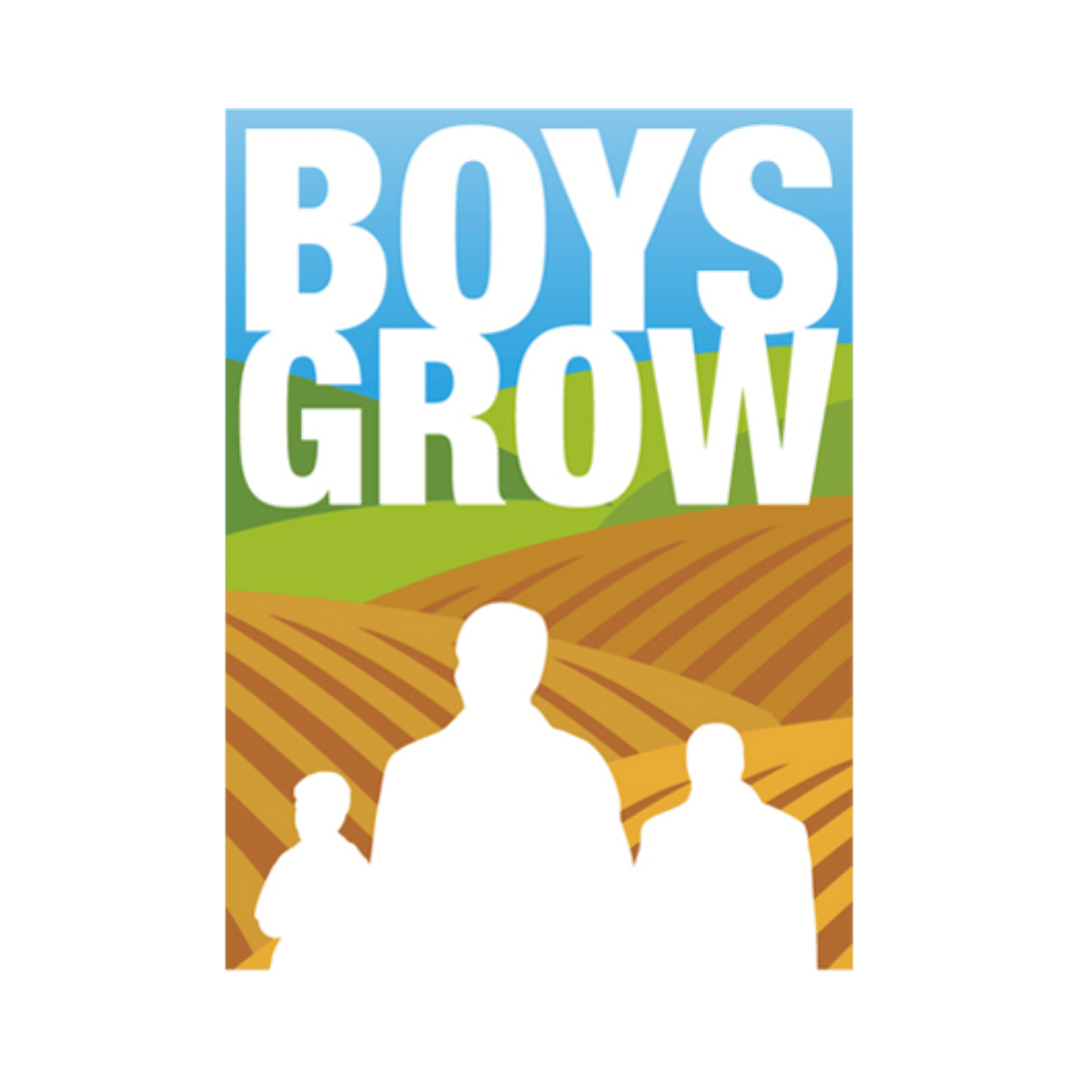A proud program of Cornerstones of Care, Build Trybe is a mentorship community that builds health, fosters connection, and empowers youth with employable skills. Build Trybe is a bridge connecting youth to opportunity. Our team of trade experts and community partners provides classes and workshops and connects youth to three skill-based career paths.
About Our Youth
- Community Trybe — Teens and young adults ages 16-23 who are in our Pathways Transitional Living or Youth Educational Success (YES) programs and community members.
- Campus Trybe — Youth ages 12-18 who are in our 24/7 residential treatment program or therapeutic day treatment schools.
Youth who are successful in these programs are connected with employment opportunities and vocational mentors.

building trades
Youth work in a full fabrication shop learning wood and metal working. The program provides real-world learning as youth apprentices create products, furniture, and custom builds for clients.
Seed to Plate
Youth work in the cafeteria kitchens and on the farms of both Gillis and Ozanam Campuses, growing and cooking food for Cornerstones of Care youth. They are eligible for positions in either field, as this program is a mix of both trades.
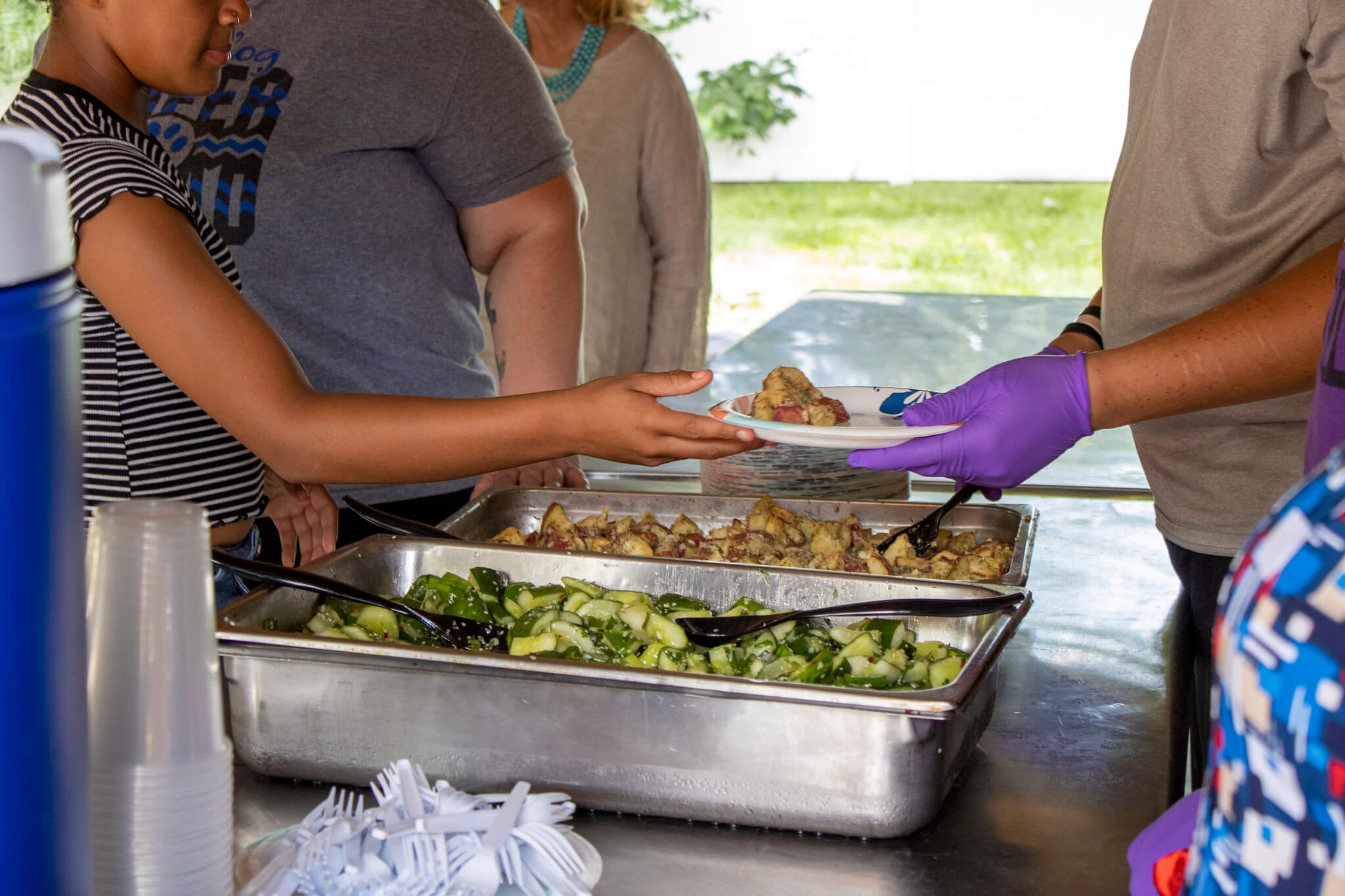
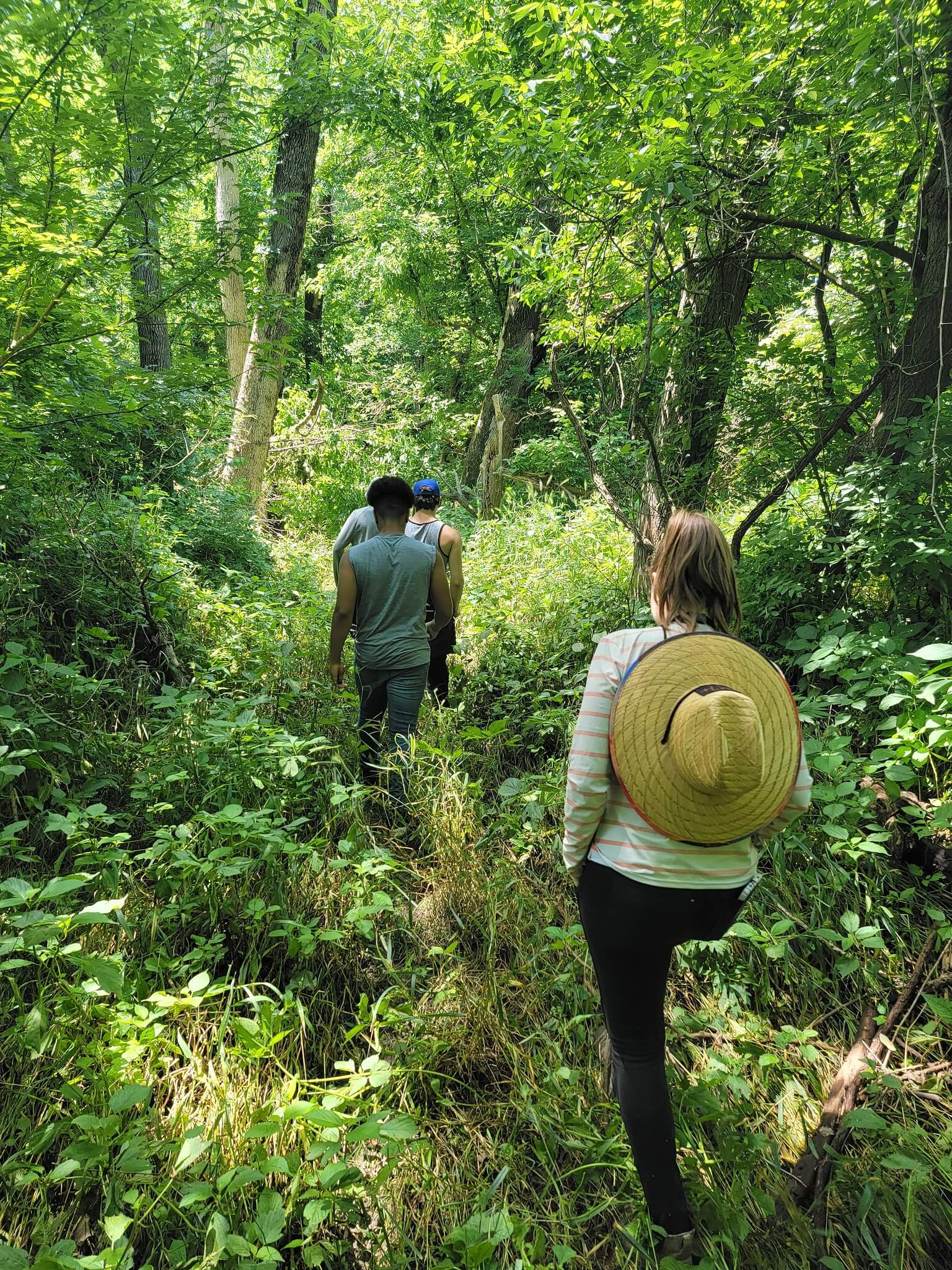
Conservation Landscaping
Youth work with Heartland Conservation Alliance and other partners learning valuable landscape and horticulture skills while improving the environmental health and beauty of Kansas City.
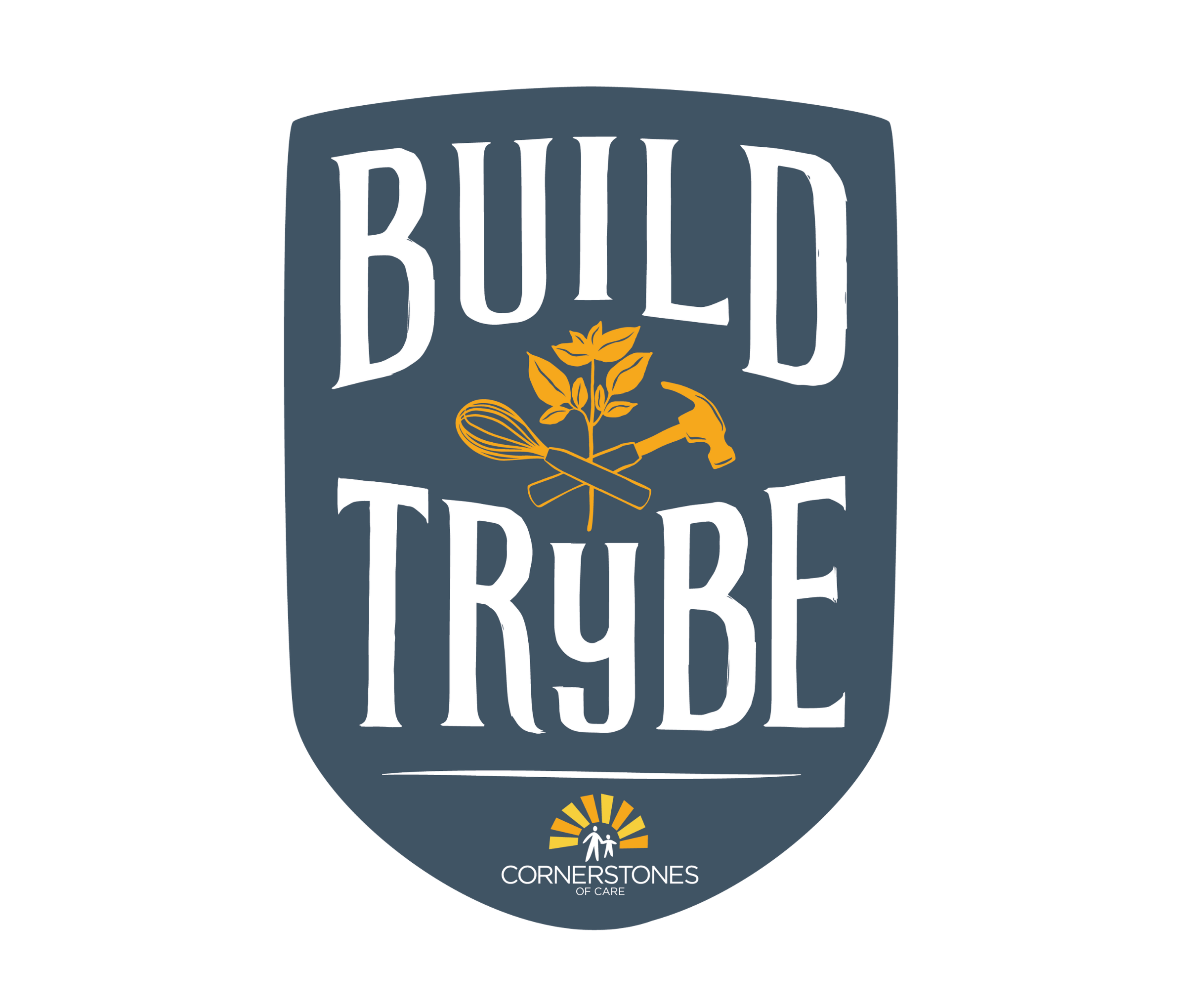
Support & Transition Services
For youth to succeed as they transition into adulthood, they need more than just classes and certificates; they need mentorship, resources, and connection to community. Build Trybe provides critical wrap-around support to help our youth as they move from intensive training to the next stage of their journey.
- Our Flourish Program invites successful youth to return to Build Trybe as Ambassadors and help with additional paid opportunities.
- Our Transition Services team provides career guidance, mentorship, and assistance with enrollment in public programs and supports for up to one year after graduation from the program.
- Transportation Assistance is offered to eligible participants to help with getting to and from programs, job sites, and more.
Build Trybe in the news
Feb 1, 2024
EPA gives Cornerstones of Care $458K to provide environmental job training to under-resourced children, adults – KSHB
May 18, 2023
Build Trybe is building hope for KC youth – Fox4
October 11, 2022
Build Trybe outgrows incubator mode, taking over Maker Village KC to train at-risk youth in trades – Startland News
October 6, 2022
Build Trybe How-To – Making | PBS
October 6, 2022
Build Trybe – Making | PBS
thank you to our partners
Email Theo at [email protected] to join our network of companies and community partners.
